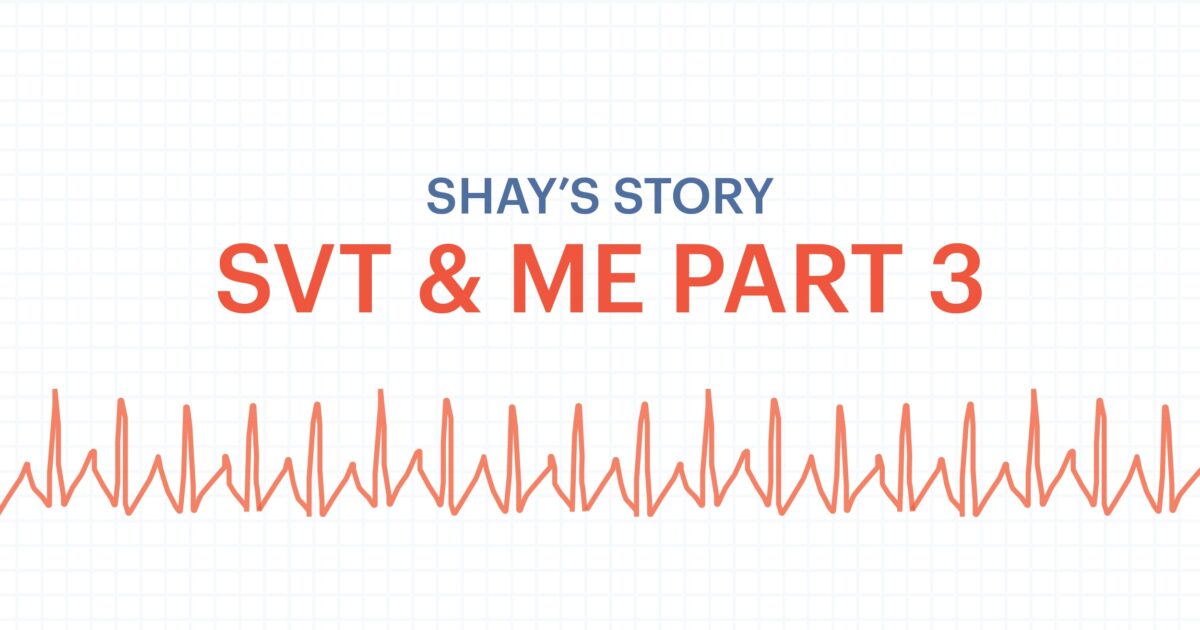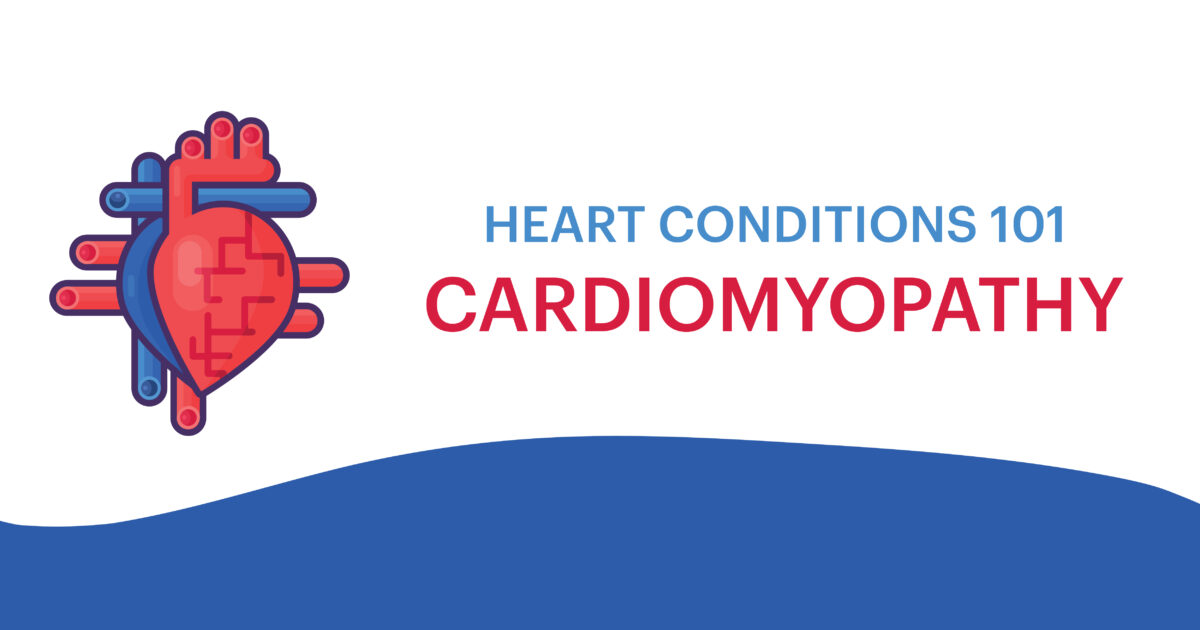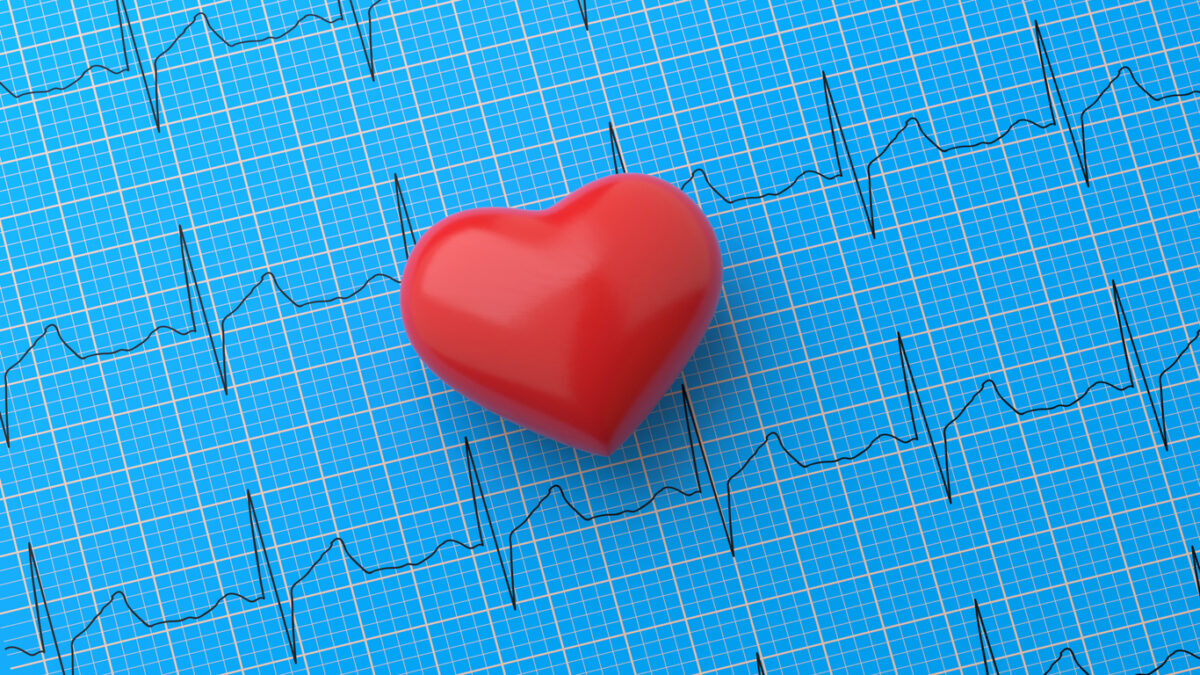There’s an abundance of scientific research that links smoking tobacco to cardiovascular disease.1 This is because the toxic substances found in tobacco products will gradually wreak havoc on your heart and vessels. However, it is not all doom and gloom! By quitting smoking (and it’s never too late) there’s a good chance that over time, your risk of heart disease …
SVT and Me (Part 3)
SPECIAL GUEST BLOGGERHi, Cardiogram Fam! In Part 3/3 of her SVT and Me series, Shaquana Graves (also known as Shay), a fellow Cardiogram member and cardiovascular technologist, details her experience with cardiac ablation. Once Cardiogram helped to validate my condition and concerns (all of which I share in Part 2), I was finally able to be truly heard by my medical …
Cardiomyopathy: Symptoms, Causes, Diagnosis & Treatment
Cardiomyopathy is a group of diseases in which the heart muscle has a hard time properly pumping blood. While these diseases can cause serious issues, there are treatment and prevention options for limiting its development, or avoiding it altogether. While cardiomyopathy can occur in any age group, 1 in every 500 adults has some form of it.What are cardiomyopathy symptoms? Symptoms of cardiomyopathy can …
Should Our DNA Determine What We Eat?
Science shows us that most chronic diseases and conditions can be influenced, and even improved, by making changes to our diets1. Your genetics influence your metabolic processes and can either lead to increased risks of certain health conditions or they can protect you from developing those conditions2. Of course, the question then arises, “So, which diet is the right diet?” …
Cardiac DNA Testing: A personalized approach to heart health
Cardiac DNA testing is a non-invasive way to look for genetic variations that may put you at risk for heart disease. This type of testing is growing in popularity, as it provides detailed genetic information that can help you know the steps to take in order to best support your heart.What is Cardiac DNA Testing, and what does it involve? Cardiac …
All About Coronary Heart Disease
Coronary heart disease is one of the most common causes of death for men and women in the United States.
How Does Stress Affect the Body?
When you feel your heart racing, you might also notice that your breath quickens, your muscles are tensed, and your tummy is tied into a knot; you can often blame this on stress. Stress can cause you to experience many physical changes. It can also affect other areas of the body, from the muscular to the reproductive systems.Of course, stress …
Obstructive Sleep Apnea: An Overview
Obstructive sleep apnea, when left untreated, can cause serious health problems. These can include excessive daytime sleepiness, high blood pressure, heart failure, cognitive issues, accidents related to sleep loss, depression, poor daytime function, and more. Yet, about 80 to 90 percent of people with obstructive sleep apnea haven’t been diagnosed. If you have obstructive sleep apnea, you might experience symptoms …
Caffeine’s Effects on Heart Health
Over the years, there have been plenty of debates regarding the effects caffeine has on heart health. Is it good on the heart? Hard on the heart? Ultimately, like most things, there are a few schools of thought and conflicting studies. Let’s explore.Caffeine Affects Hydration LevelsCaffeine is a diuretic, meaning it causes more frequent urination. Because of this, it does …
Atrial Fibrillation (AFib): An Overview
Arrhythmia is an abnormal or irregular heart rhythm. So, having an arrhythmia could mean several things; your heartbeat might be too fast, slow, or irregular. And of all arrhythmia types, atrial fibrillation (also called afib) is the most common. It occurs in about one percent of the population worldwide and in at least 3 to 6 million US adults. This …











